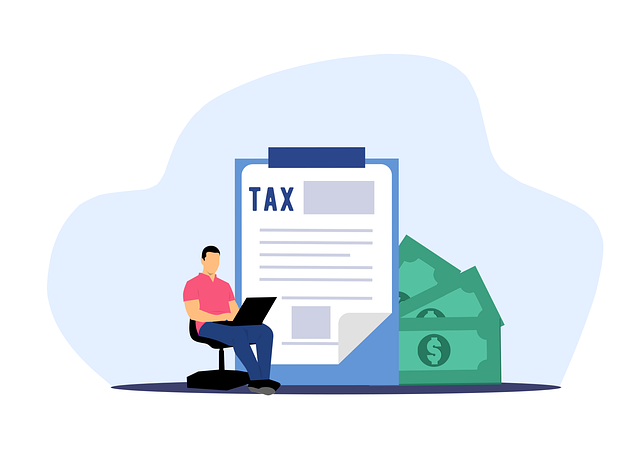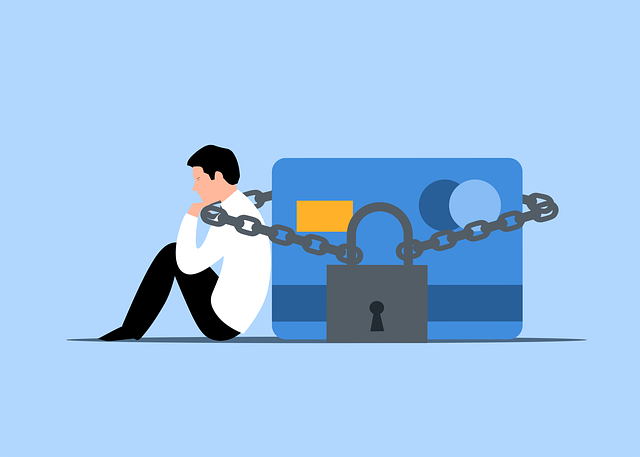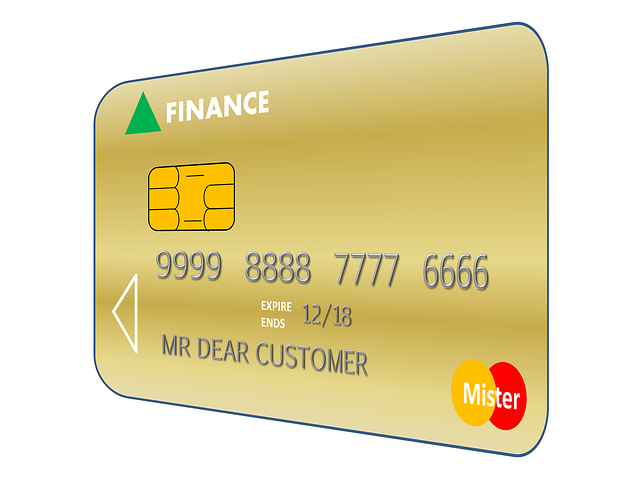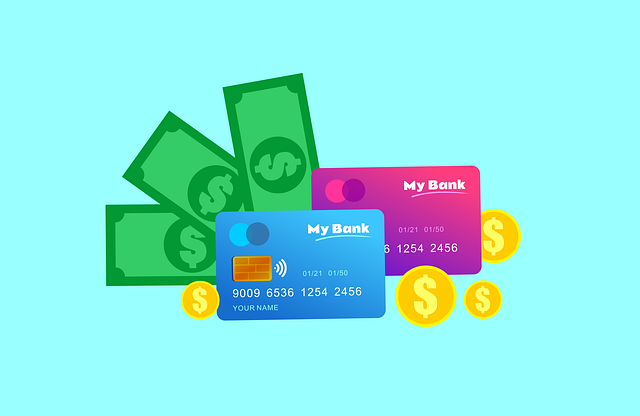Debt consolidation in South Africa simplifies multiple high-interest debt obligations by combining them into a single loan with lower rates, reducing overall interest charges and improving credit scores. With South Africa's complex debt landscape driven by rising costs, unemployment, and accessible credit, consolidation offers a strategic solution to manage overwhelming debts. Individuals can choose from various lender options, personal loans, or balance transfer loans based on their creditworthiness and financial goals. Personalization is crucial: evaluate current debts, interest rates, and repayment terms to select the best consolidation approach for long-term financial health.
In the face of rising living costs, many South Africans are burdened with multiple debts. The consolidation of debt offers a potential solution to manage finances more effectively. This article provides a comprehensive guide on navigating the consolidation of debt in South Africa. We explore the basics of debt consolidation, analyze the current state of the country’s debt landscape, outline its benefits, and delve into various options available—from lenders and loans to credit cards. By understanding these choices, you can make an informed decision tailored to your financial needs.
- Understanding Debt Consolidation: A Basic Guide
- The South African Debt Landscape: Current Trends and Challenges
- Benefits of Consolidating Your Debt in South Africa
- Exploring Common Debt Consolidation Options: Lenders, Loans, and Credit Cards
- Choosing the Best Debt Consolidation Strategy for Your Financial Needs
Understanding Debt Consolidation: A Basic Guide

Debt consolidation is a strategic financial move where multiple debts are combined into one single loan with a lower interest rate. This approach simplifies repayment by consolidating various debt obligations into a single, more manageable payment. In South Africa, where high interest rates and diverse debt options can make managing finances challenging, understanding this process is crucial for making informed decisions regarding your debt.
When considering the consolidation of debt in South Africa, individuals should aim to reduce their overall interest charges and potentially improve their credit score over time. By consolidating, borrowers can say goodbye to multiple monthly payments, each with varying due dates and rates, and instead focus on a single repayment schedule. This simplicity can free up cash flow, making it easier to manage daily expenses while systematically paying off the debt.
The South African Debt Landscape: Current Trends and Challenges

South Africa, like many countries, grapples with a complex debt landscape. The rising cost of living, high unemployment rates, and accessibility to credit have contributed to an increasing level of personal debt among its citizens. Credit card debt, loan repayments, and mortgage obligations have become a significant burden for many South Africans, leading to a growing interest in consolidation of debt.
The country’s unique economic conditions present both challenges and opportunities for those seeking to consolidate their debts. While access to credit has facilitated consumer spending and business growth, it has also resulted in a substantial amount of non-performing loans and defaulters. This scenario pushes financial institutions to tighten lending criteria, making it more difficult for individuals with low credit scores to secure new debt or favorable loan terms. Consequently, exploring consolidation of debt in South Africa as a strategy to manage and reduce debt burdens has gained traction among the population.
Benefits of Consolidating Your Debt in South Africa

Debt consolidation is a powerful strategy for South Africans burdened with multiple loans and credit obligations. By consolidating your debt, you have the opportunity to simplify your financial situation and gain better control over your money. This process involves combining all your existing debts into one new loan with a lower interest rate and potentially more flexible repayment terms.
One of the key advantages is the reduction in overall interest payments over time. With multiple debts, you might be paying interest on top of interest, which can significantly add up. Consolidation allows for a single, more manageable payment, saving you money in the long run. Additionally, it streamlines your financial commitments, making it easier to stay on top of repayments and avoid the stress of numerous due dates. This simplified approach can improve your credit score over time, providing future access to better loan terms and opportunities.
Exploring Common Debt Consolidation Options: Lenders, Loans, and Credit Cards

When considering consolidation of debt in South Africa, individuals often explore various options to simplify their financial burdens. Lenders play a significant role by offering consolidated loans that bundle multiple debts into one manageable payment. These loans can be secured or unsecured, with interest rates varying based on creditworthiness and the overall market conditions. In South Africa, several reputable lenders provide such services, ensuring borrowers get the best terms tailored to their needs.
Another common approach is to use personal loans for debt consolidation. This involves taking out a new loan to pay off existing debts, which can be particularly beneficial when facing high-interest credit card balances. Credit cards, while offering flexibility, often come with substantial interest rates and fees. By consolidating these debts into a lower-interest loan, South African borrowers can save on overall interest expenses. It’s crucial to compare different lenders, understand the terms, and choose an option that aligns with one’s financial goals for effective consolidation of debt in South Africa.
Choosing the Best Debt Consolidation Strategy for Your Financial Needs

When considering debt consolidation in South Africa, it’s vital to tailor your approach to your unique financial situation. The Consolidation of Debt isn’t a one-size-fits-all process; what works for someone else may not be ideal for you. Start by evaluating your current debts, interest rates, and repayment terms. Different debt consolidation options include loans, credit cards, or even refinancing. In South Africa, banks and financial institutions offer various packages catering to diverse needs.
For instance, if you have multiple high-interest credit card debts, a balance transfer loan could help reduce monthly payments and the overall interest burden. Alternatively, if your main concern is simplifying repayment schedules, debt consolidation loans that combine all your debts into one fixed-rate loan might be more suitable. Analyzing your financial goals, income stability, and existing debt management strategies will guide you in choosing the most effective Consolidation of Debt in South Africa method for long-term financial health.
When navigating the consolidation of debt in South Africa, understanding your unique financial situation is key. By evaluating the benefits and exploring various options like lender-specific programs, loans, or credit card consolidations, you can make an informed decision to manage your debt more effectively. Remember, the right consolidation strategy can lead to significant savings and a clearer path towards financial stability in South Africa.







